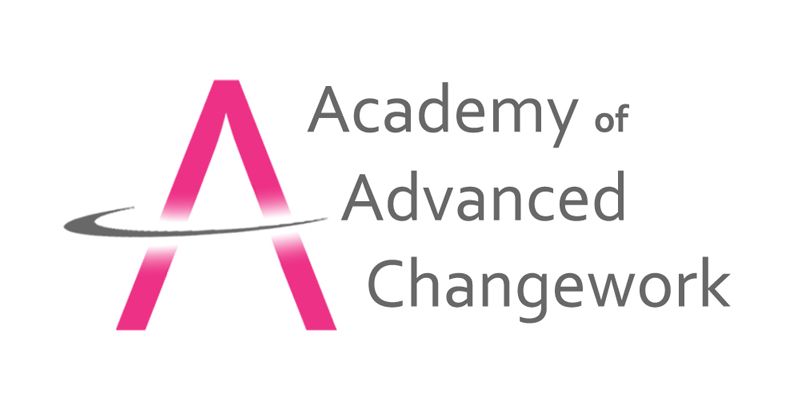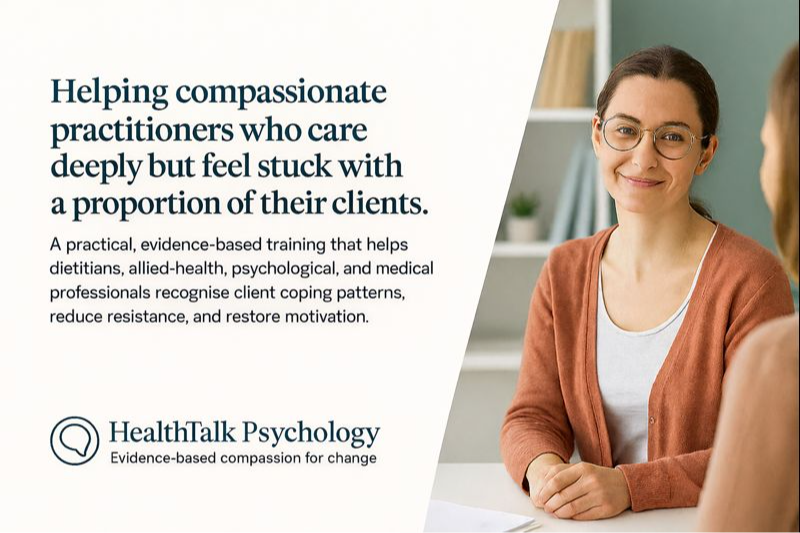
Dealing with the grief of losing someone to cardiovascular disease (CVD)
I’ve never been one for remembering anniversaries of people’s deaths.
Growing up I used to think that remembering and ruminating on when people had died meant people weren’t moving on with their lives and I couldn’t quite understand why people would want to do that.
Sometimes we don’t get it until we get it and in 2019, it hit me like a freight train!
It was on the morning of the 23rd of July 2019 that I was at home in QLD Australia when I got an unexpected call on my mobile. It was my nephew calling from Sheffield, UK. He was at the hospital later in the evening the day before, anxiously waiting to hear news of Dad who had been taken in with a suspected heart attack.
He wasn’t able to see him as he was being assessed and treated by the surgical team and he was waiting anxiously for news.
Dad and I had spoken twice a week on Skype for years and we had only chatted on Sunday evening, the day before and this was not what I expected to hear.
In hindsight, it was actually on the cards. Over the previous few years, there were obvious signs his heart was deteriorating; he had many minor attacks, frequent chest pain, feeling out of breath and low in energy, and in 2014 had to have his right leg amputated above the knee due to a vascular blockage.
He had recently had an assessment of his heart and found that a large section of his heart wasn’t functioning. That’s also when we received the news that he also had an aortic abnormal aneurysm (AAA) that could burst and kill him at any time. It was inoperable and he handled it remarkably well but feared dying alone and in pain.
Dad knew he didn’t have long to live; they gave him less than 2 years and more likely less than 12 months and if his heart didn’t pack in, the aneurysm would kill him. His body had been showing all the classic signs of cardiovascular disease (CVD).
I was in shock and anxiously waiting to hear what was happening. I called the ward and asked for more information.
“A member of his family is here,” the nurse said, they will let you know when we have more information.
I was on the other side of the world in Australia I explained that I’m very worried and want to know why Dad is at the hospital and how he was doing.
A short while later my nephew called me back. “He’s gone,” he said. I was speechless. Gone?! But we only spoke just a day ago and everything was fine, how can he be gone?!
It was surreal and I felt helpless and overcome by an emptiness that I had never experienced before. I just broke down in tears in my room and was left speechless.
Even though we knew it was going to happen I never expected it to happen so soon, we go into denial mode, and I felt we had so much more to say to each other, and I had been robbed of more opportunity to talk about all the things we had left unsaid.
My anxiety was high and I felt the need to do something so I started ringing around to get some answers to understand Dad’s final hours.
The team leader was unavailable which was frustrating me more than anything but I was given the basics and told someone would get back to me.
I pursued my need for more information and to speak with the medical team doctor on duty who was heading the team who comforted him in his final hours.
A few days later she called me and explained that his heart was in such a state she didn’t know how it was even functioning and so terribly damaged beyond repair that it couldn’t take anymore. The final attack was just too much for his body to take.
Before his death, Dad was being medicated and comforted by the medical/nursing team and whilst still consciously aware of his situation was still able to laugh and joke with the nurses, his usual way of dealing with a bad situation.
Years on now from Dad’s passing, I don't need to remember the anniversary of his death and the feelings of what I went through, although never forgotten the feelings have significantly reduced as life goes on.
Dad left a legacy and his death wasn't in vain. His passing created an intense urge in me to make a difference by supporting all those other families from having to go through what I went through.
I’m now on my mission, and helping to make a difference and to do what many families who have lost loved ones do; to act to help others before it’s too late.
Disease is reversible and relapse is preventable with the right support. Whilst CVD, like most chronic diseases, has genetic components we know about 90% of the symptoms can be changed with lifestyle changes. Afterall, these are the things that trigger our disease so these are the things that can help our recovery when disease gets a hold on us!
Lifestyle management is a great mitigator empowering us to live healthily or poorly depending on whether or not we choose to smoke, overeat, overuse alcohol/salt, eat unhealthily, fail to exercise, reduce blood pressure, sugar and cholesterol levels, etc.
Like many families who lose loved ones, the anniversary of a loved one’s death can be a start of a new journey rather than a recurring heart ache, when the time is right!
If you are affected by your loved one's health please click here to get more support from Karen






